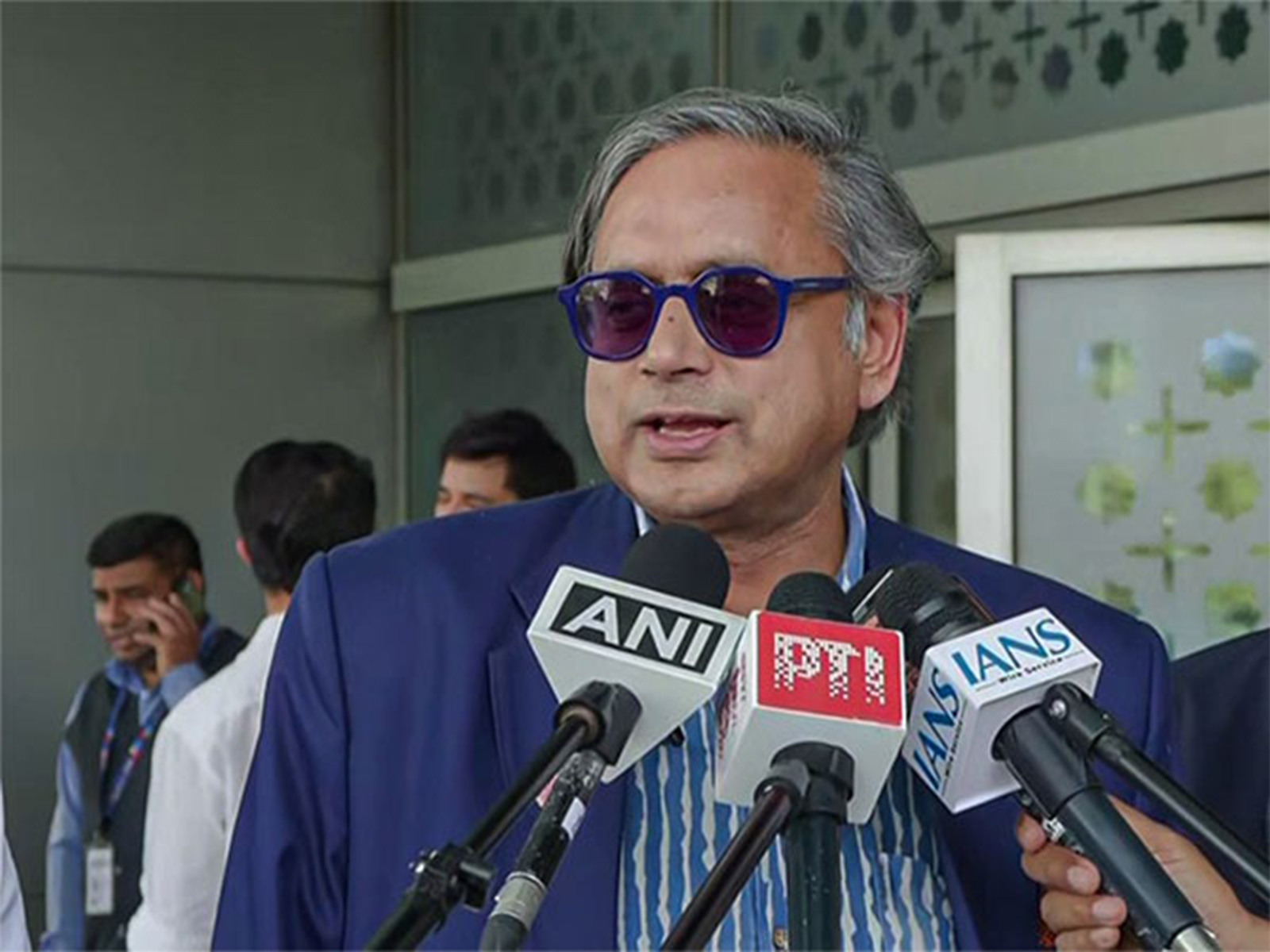Jamaat-e-Islami's Student Wing Triumphs: Implications for South Asian Politics
The recent victory of Jamaat-e-Islami's student wing in Dhaka University's polls marks a significant shift in Bangladesh's political landscape, fueling concerns about the upcoming 2026 general elections and straining India-Bangladesh relations.

- Country:
- India
In a development stirring political ripples, Congress MP Shashi Tharoor described the triumph of Jamaat-e-Islami's student wing in Dhaka University elections as a forewarning for future regional politics. Highlighting this event in a social media post, Tharoor expressed concerns about its implications for India's relations with a possibly Jamaat-influenced government next door.
The seasoned politician pointed to a growing disenchantment among Bangladeshi voters with the major political factions, the now-banned Awami League and the Bangladesh National Party. Many see the Jamaat-e-Islami as a refuge from the corruption that has tainted these traditional parties, raising questions about the political trajectory as Bangladesh heads into its 2026 elections.
The influential Bangladeshi outlet Prothom Alo reported that candidates from Jamaat's student wing, Islami Chhatra Shibir, seized nine out of fifteen vital posts in the university elections. This victory underscores a significant political shift, particularly in the aftermath of the Awami League's fall, hinting at a reshaped political arena in South Asia.










